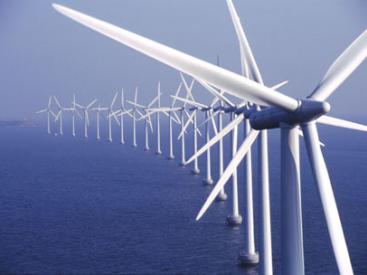Co-operative Energy In Denmark And Sweden
- Project date
- 01.08.2004
- Type
-
- Energy
- Research
- Location
- International
- Clients
- DTI and Co-operatives UK
- Associated team members
- Associated documents
The DTI Global Watch mission to Denmark and Sweden took place between 24th and 28th October 2004. The mission enabled representatives of the UK co-operative movement to visit a range of practical projects in order to learn from the experience of successful Danish and Swedish co-operatives. It also sought to build on URBED's 2003 report 'Energy:the future generation'.
The mission was co-ordinated by Nick Dodd from URBED. He was accompanied by:
- Harvey Tordoff, Baywind Co-operative and Energy4All - Mark Sims, Oxford, Swindon & Gloucester Co-operative Society - Hamish Wall, the Scottish Agricultural Organisation Society - Brian Rees, the Co-operative Group - Dr Sue Hunter, IESD: De Montfort University
The high level aim of the mission was to investigate the role co-operatives have played in the successful delivery of renewable energy projects. The specific objectives of the mission were to:
- Investigate the unique benefits that can be attributed to a range of co-operative models in enabling and delivering energy projects
- Understand the co-operative role in delivery and the strengths/weaknesses of the chosen co-operative structures in relation to a number of different technologies
- Explore the potential for sectors of the UK co-operative movement to adopt Danish project structures and delivery mechanisms
- Pursue partnerships and technology transfer in order to learn from Danish experience and avoid ‘re-inventing the wheel’, particularly as regards financing and developing energy projects.
The itenary was developed by URBED based on original research for Co-operatives UK. Additional support was provided by Nicola Smoker from PERA. Six co-operative enterprises and three co-operatively owned enterprises were visited during the mission. The itenary also incorporated meetings with five related support bodies – including a secondary co-operative and two major trade associations.

